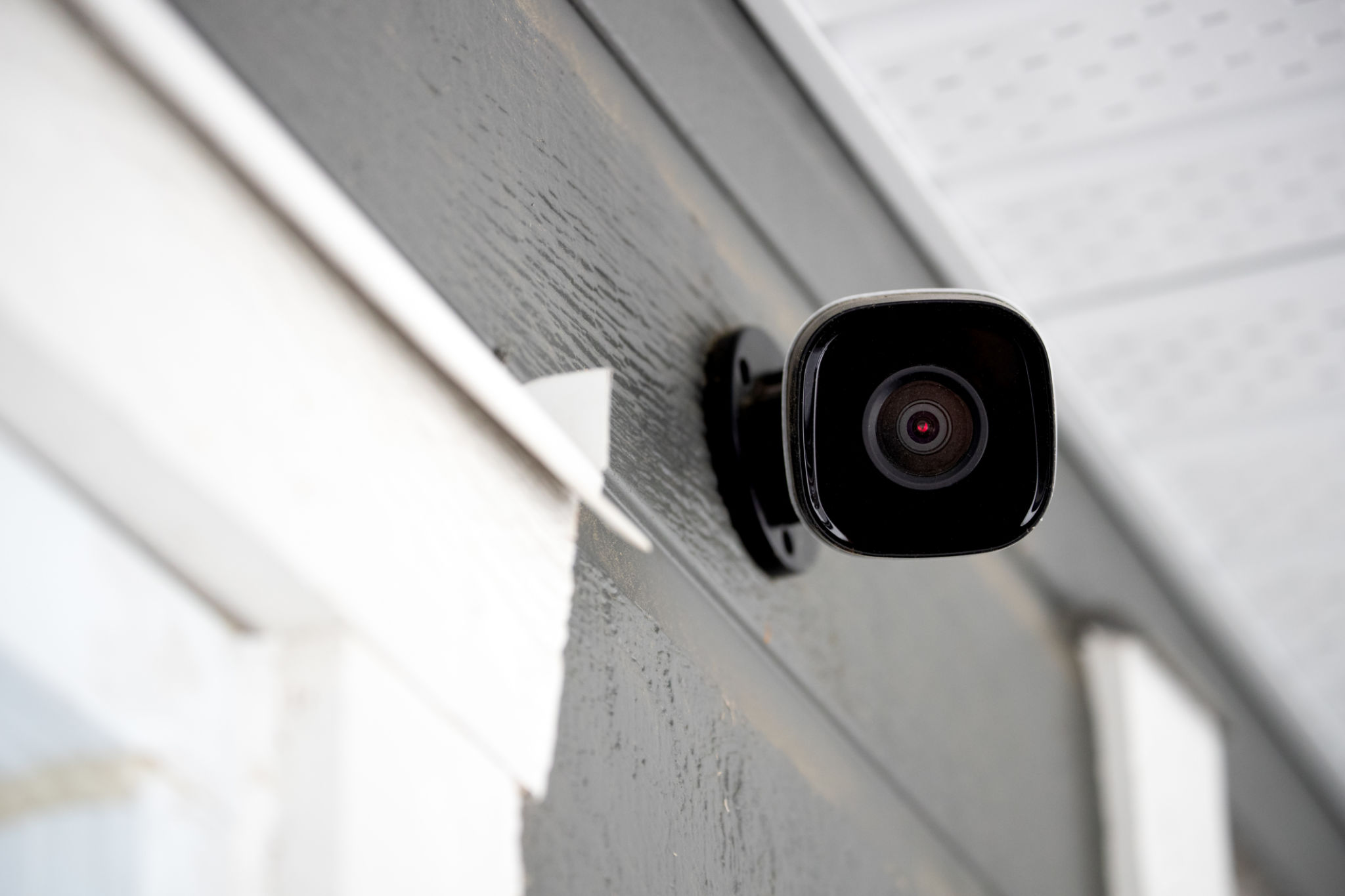A Homeowner's Guide to Security System Installation: What You Need to Know
Understanding the Basics of Home Security Systems
As a homeowner, ensuring the safety and security of your property is a top priority. Installing a home security system is a crucial step toward protecting your family and belongings. Whether you're considering a basic alarm setup or a comprehensive smart home security system, understanding the basics will help you make informed decisions.

Types of Security Systems
There are various types of security systems available, each offering different levels of protection. The most common types include:
- Monitored Systems: These systems are connected to a monitoring center that alerts authorities during emergencies.
- Unmonitored Systems: These rely on loud alarms to scare off intruders and notify neighbors.
- Wireless Systems: Easy to install and often come with smart features for remote access.
- Wired Systems: Require professional installation but offer a stable and reliable connection.
Assessing Your Security Needs
Before installing a security system, it's crucial to assess your specific needs. Consider factors such as the size of your property, the number of entry points, and your budget. Conducting a thorough assessment ensures that you choose a system tailored to your requirements.

DIY vs. Professional Installation
One of the first decisions you'll face is whether to opt for DIY or professional installation. DIY systems are often more affordable and allow for greater flexibility in setup. However, professional installation guarantees correct placement and integration, providing peace of mind.
Key Features to Look For
When selecting a home security system, pay attention to key features that enhance protection:
- 24/7 Monitoring: Continuous monitoring ensures immediate response to any threats.
- Smart Home Integration: Allows you to control your system remotely via smartphone apps.
- Video Surveillance: Cameras provide visual evidence and deter potential intruders.
- Environmental Sensors: Detect smoke, carbon monoxide, and water leaks for comprehensive protection.
Maintaining Your Security System
A security system is only effective if it's well-maintained. Regularly check and test sensors, update software, and replace batteries to ensure everything functions correctly. Consider scheduling annual professional inspections to address any technical issues.

Understanding Privacy Concerns
While security systems offer numerous benefits, they also raise privacy concerns. Be mindful of where you place cameras to avoid infringing on neighbors' privacy. Additionally, ensure that your system's data is encrypted and secured against cyber threats.
Future-Proofing Your Security System
The world of technology is constantly evolving, and so are home security systems. Opt for systems that allow for future upgrades or expansions. This flexibility ensures that your security measures can adapt to new threats and technological advancements.
In conclusion, installing a home security system is a significant investment in the safety of your home and family. By understanding the various options available and considering your specific needs, you can choose the best solution to provide peace of mind and protection for years to come.
